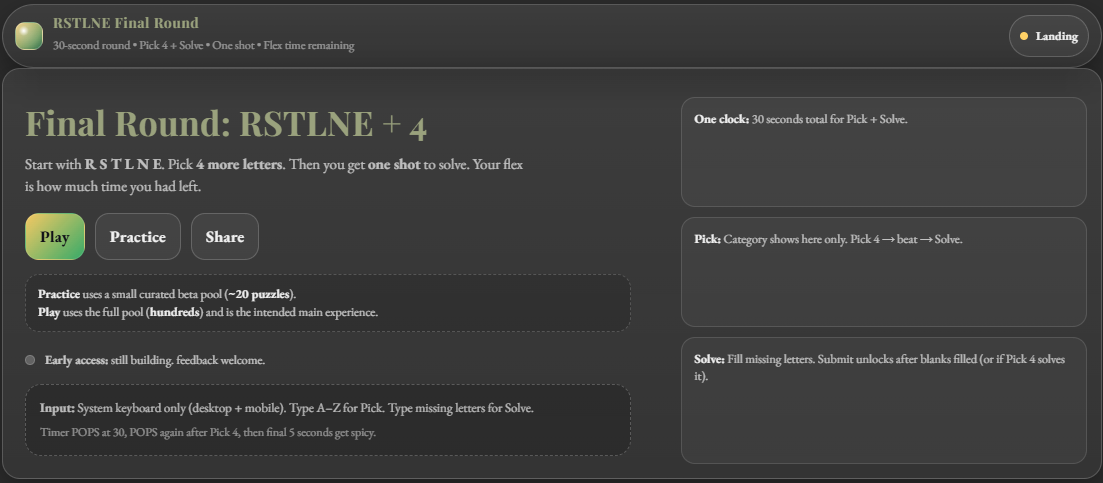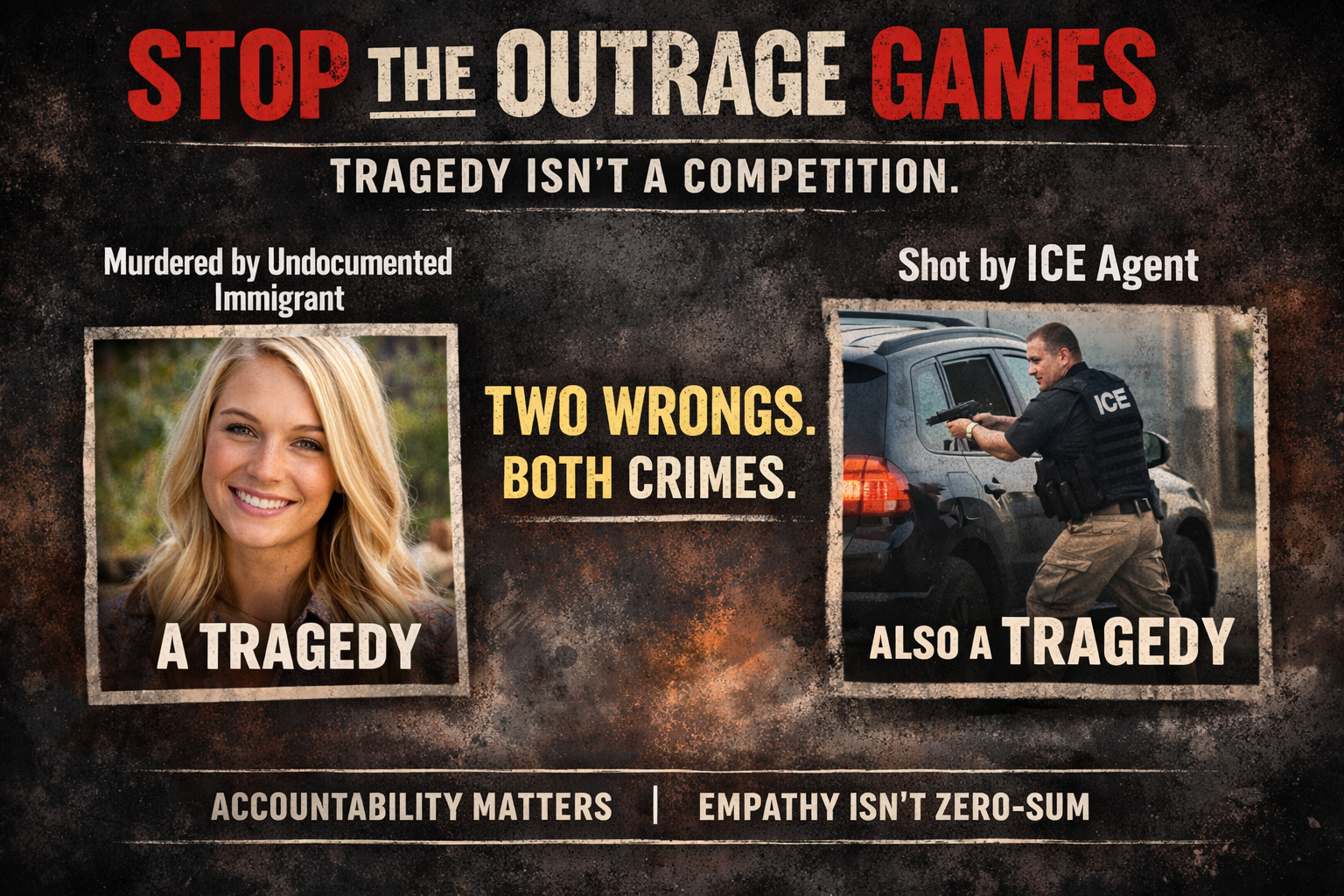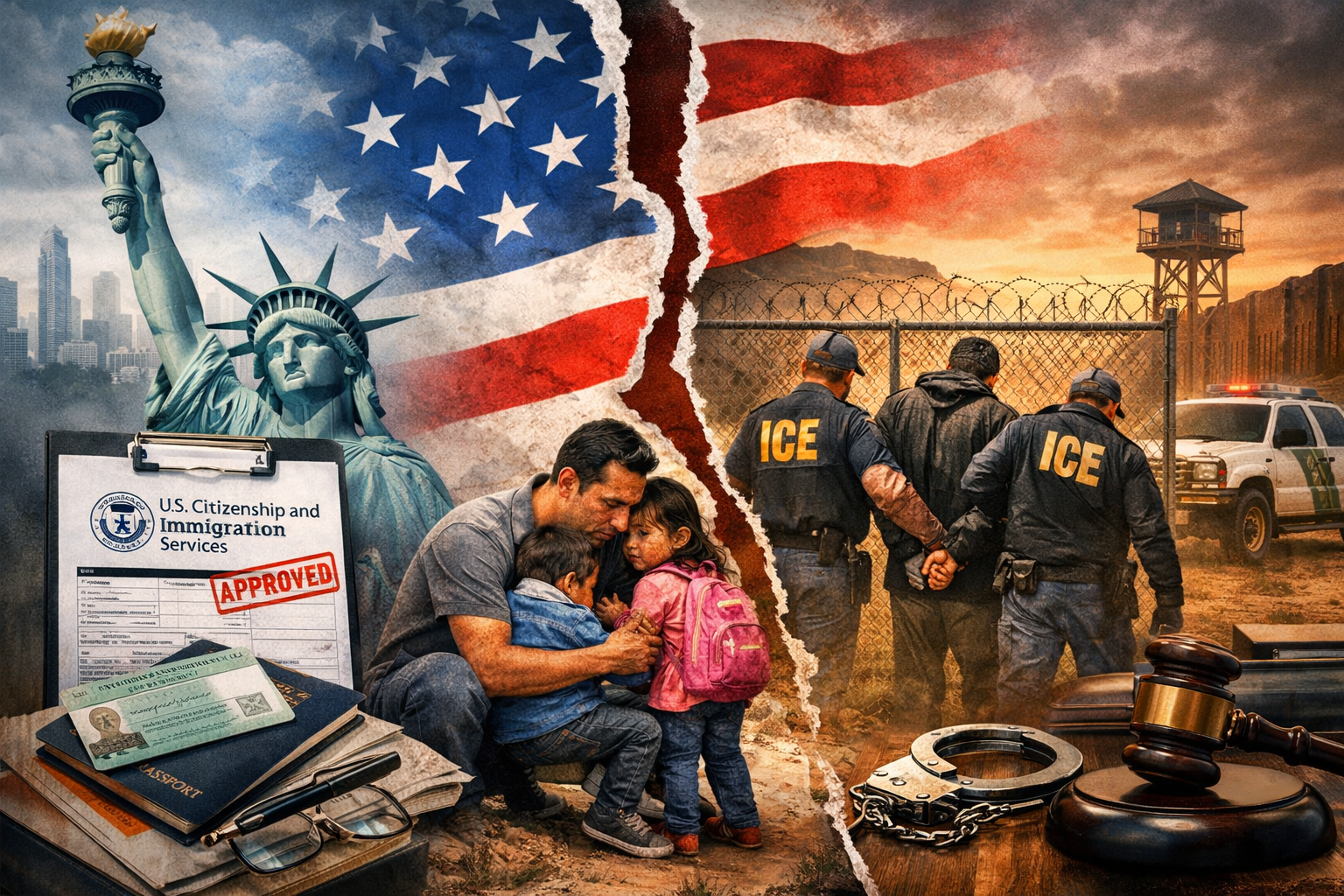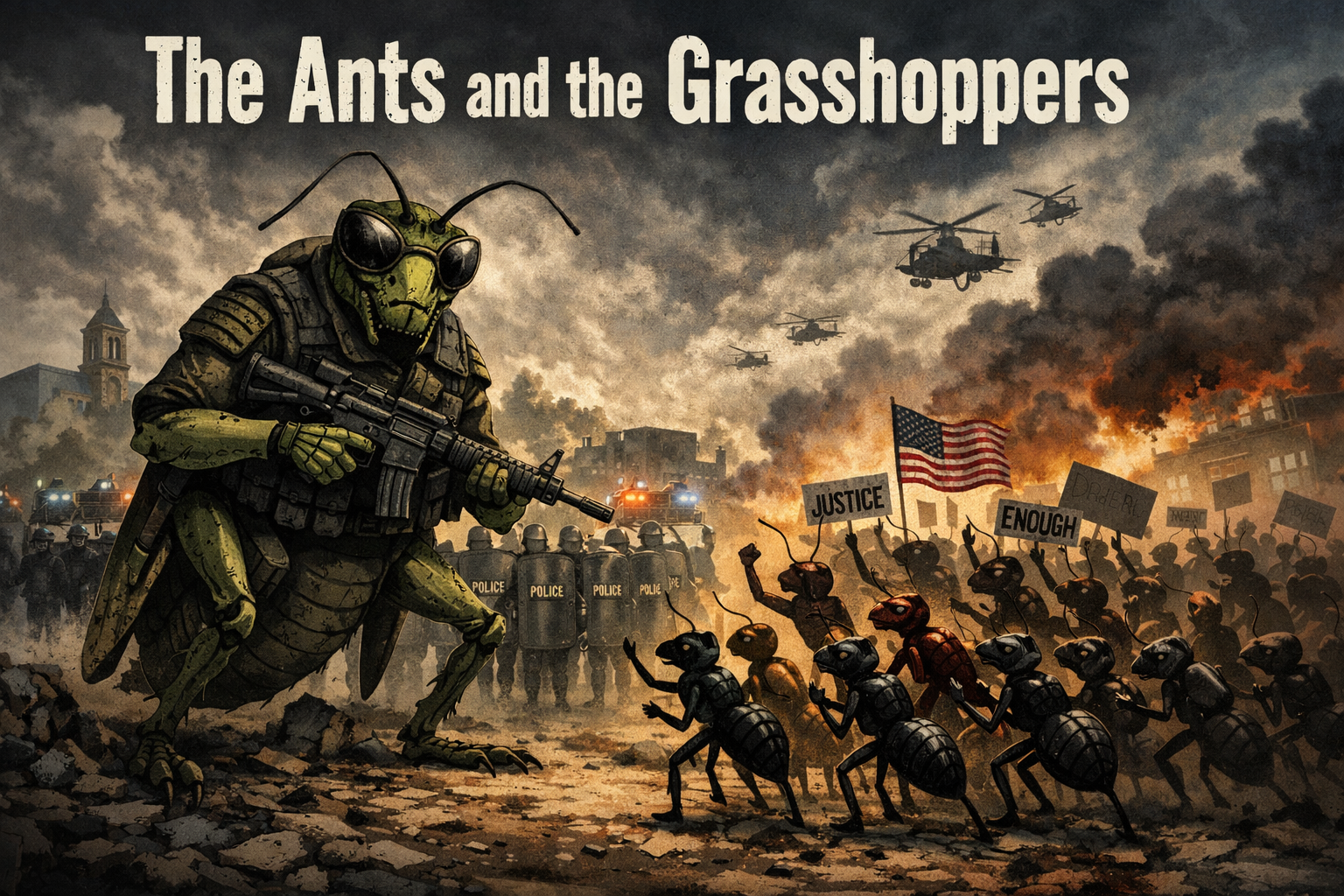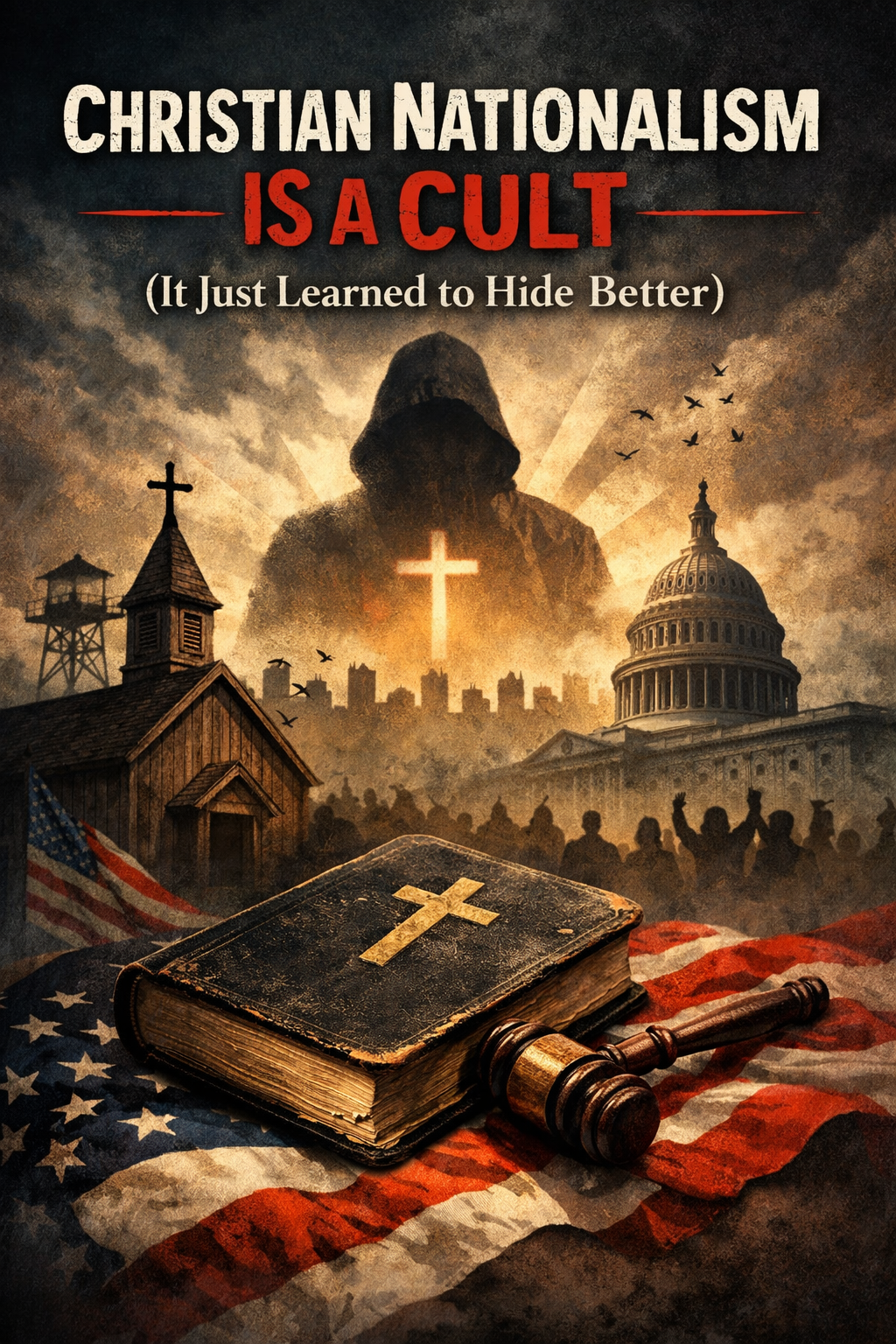Welcome to I’ve Been Thinking…
I write about belief, empathy, work, politics, and what it actually means to stay kind and curious.
Browse by theme below, or start with the latest post.
Featured Essays
Below is all writings newest to oldest
RSTLNE — Why This Exists
I was sending my Wordle status to a friend — one of my Wordle buddies — and after I hit send, I caught myself thinking, I really like this game. I’m glad I found it. That thought spiraled into word games more broadly, and eventually landed on Wheel of Fortune. Not the whole show — the final round. The timer. The anticipation. The limited letters. The moment where you either see it… or you don’t.
I started wondering what it would look like to capture that feeling in something smaller. Something quick. Something interactive. A game that carries the simplicity and shareability of Wordle, but feels different — familiar without being a clone.
Citizenship vs. Deportation: Why We’re Spending Billions to Avoid Solutions
Let’s start with a simple, almost silly thought experiment:
Pretend for a moment that Immigration and Customs Enforcement (ICE) is actually about immigration enforcement — not theatrics, not politics, not punishment theater. If that were true, then the staggering amount of money, manpower, and power put into the system should produce something that looks like a functioning immigration system — not a metaphor for a runaway bridal registry.
The New Rhetoric I’m Hearing—and Why It’s Dangerous
When protest itself becomes the target, we’re no longer talking about safety or accountability—we’re talking about delegitimizing dissent.
Protest is not a loophole in democracy. It is one of its core mechanisms. The right to assemble, to speak, to challenge the state publicly is not something granted when it’s convenient—it exists specifically for moments when power needs to be questioned.
Confirmation Bias and the Minnesota ICE Shooting
Two Videos, Two Realities
Multiple videos from the Minnesota shooting are circulating.
Different angles.
Different moments.
Different captions telling you what to think before you watch.
Each side points to the clip that best supports their narrative and treats the rest as propaganda, misinformation, or irrelevance.
That’s how confirmation bias operates:
Not by hiding facts — but by ranking them based on comfort.
Tragedies.
Here’s the baseline reality that keeps getting ignored: multiple things can be bad at the same time.
The Ants and the Grasshoppers
Ants don’t have power individually. They don’t control narratives or institutions. What they have is memory. Pattern recognition. Collective survival instincts. Ants don’t revolt because they’re radical; they move because the environment becomes hostile to ordinary life.
Christian Nationalism Is a Cult (It Just Learned to Hide Better)
Christian Nationalism doesn’t feel like a cult because it doesn’t look like one. There’s no compound. No charismatic leader asking you to move to a desert. No pamphlet that says Welcome to the ideology.
That’s why it’s more dangerous than most cults.
It doesn’t ask you to join.
It assumes you already belong.
